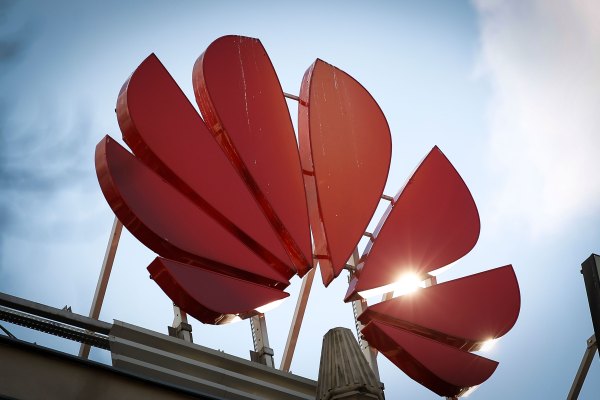
Huawei’s status in the U.S. has been one of many question marks hovering over the newly minted Biden administration. The smartphone maker was one of a number of Chinese companies added to the Department of Commerce’s “entity list” during Trump’s four years in office.
Gina Raimondo, Joe Biden’s nominee for Commerce secretary, has offered what is potentially one of the clearest looks so far at how Huawei’s status might (or might not) evolve under a new administration. Responding to questions from Senate Republicans, former Rhode Island Governor Raimondo indicated that the Biden administration likely would not be in any hurry to remove Huawei from the blacklist.
Republican House members had previously raised concerns over Raimondo’s position on companies like Huawei, a stance she had yet to clarify. “We urge those Senators who have a history of calling for Huawei to remain on the Entity List to stick to their principles and place a hold on Ms. Raimondo’s confirmation until the Biden Administration clarifies their intentions for Huawei and on export control policies for a country that is carrying out genocide and threatening our national security,” they wrote.
Raimondo has since responded.
“I understand that parties are placed on the Entity List and the Military End User List generally because they pose a risk to U.S. national security or foreign policy interests,” the politician said, in a note reported by Bloomberg. “I currently have no reason to believe that entities on those lists should not be there. If confirmed, I look forward to a briefing on these entities and others of concern.”
The statement isn’t definitive in either direction (as is perhaps to be expected for a Cabinet nominee), but it certainly doesn’t point to a radical change from Trump’s position on the issue. The smartphone marker was added to the list in 2019, following longtime accusations over security and spying concerns. The company has also variously been tied to the Chinese government.
The DoC noted at the time:
Huawei was added to the Entity List after the Department concluded that the company is engaged in activities that are contrary to U.S. national security or foreign policy interests, including alleged violations of the International Emergency Economic Powers Act (IEEPA), conspiracy to violate IEEPA by providing prohibited financial services to Iran, and obstruction of justice in connection with the investigation of those alleged violations of U.S. sanctions, among other illicit activities.
The Trump administration proved especially aggressive in regards to blacklisting Chinese tech companies, a fact that has already had a profound impact on Huawei’s bottom line. Drone giant DJI and AI company SenseTime have been added to the DoC list, while Xiaomi made a separate military blacklist in the waning days of the administration.

Recent Comments